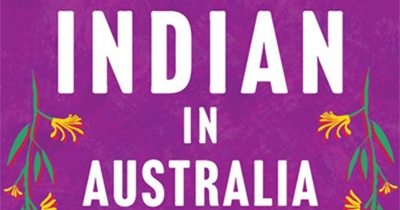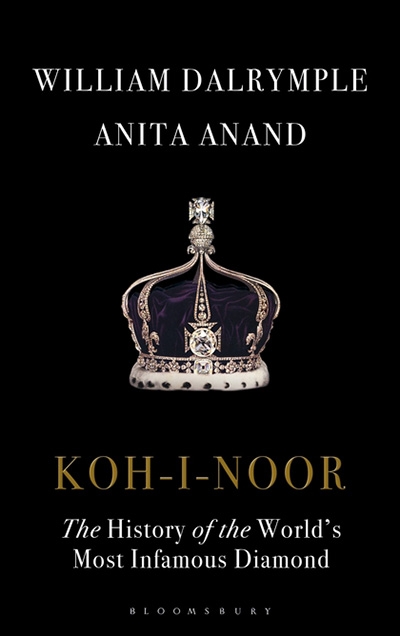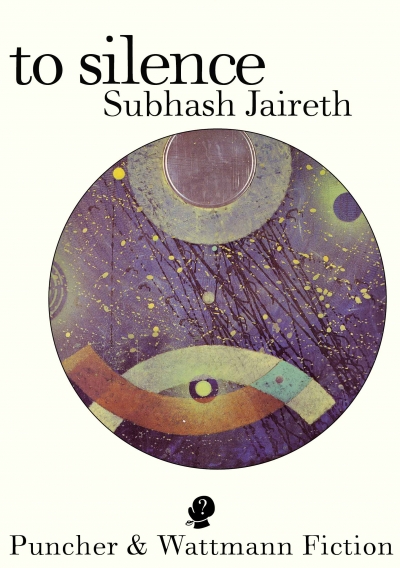Claudia Hyles
Koh-I-Noor: The history of the world’s most infamous diamond by William Dalrymple and Anita Anand
by Claudia Hyles •
The Island of Singing Fish: A colonial childhood in Ceylon by Tina Faulk
by Claudia Hyles •
'Letter from Jaipur: Free speech and sectarian tensions at the Jaipur Festival' by Claudia Hyles
by Claudia Hyles •
This year’s Jaipur Literature Festival (20–24 January) more than lived up to the Indian Ministry of Tourism’s slogan – ‘Incredible India’.
... (read more)







